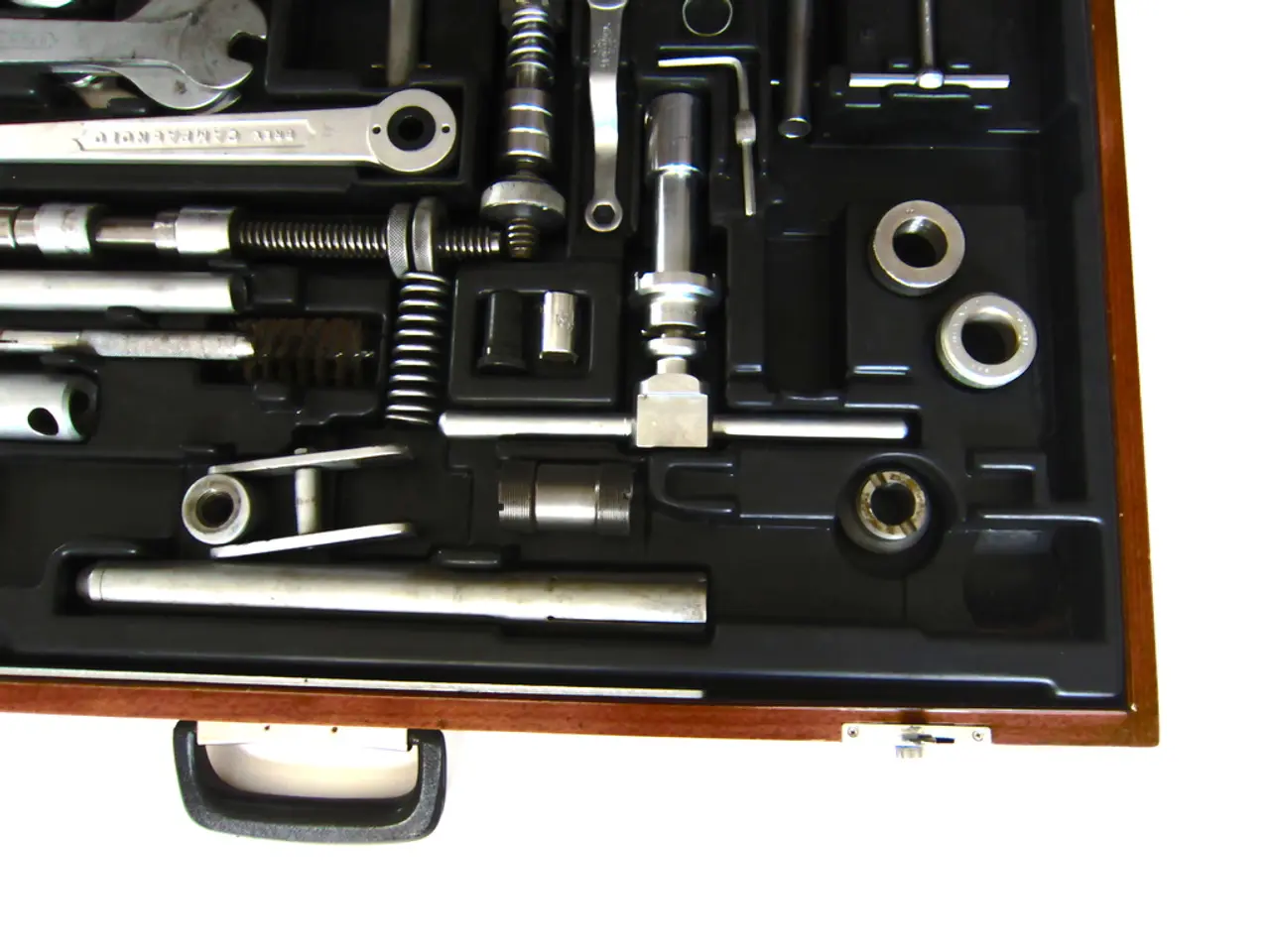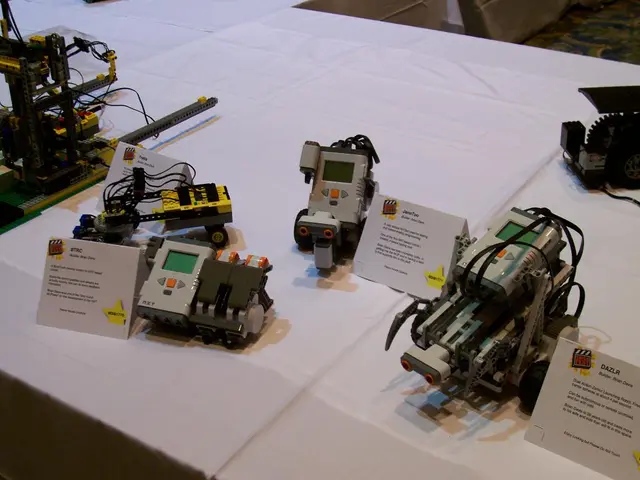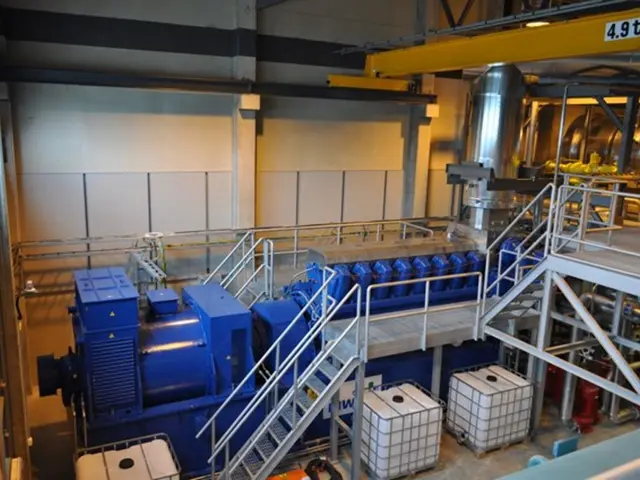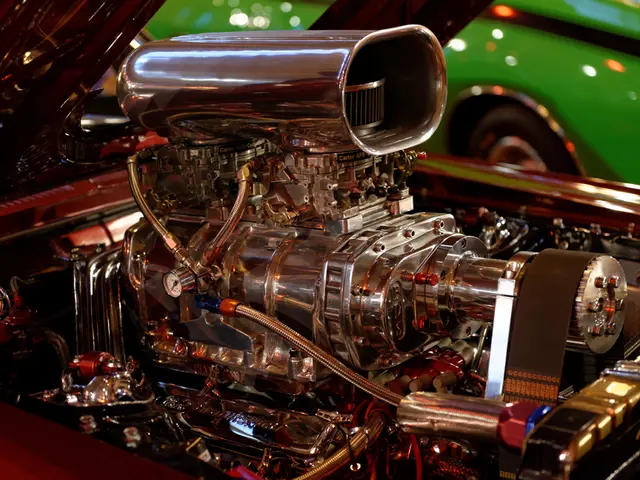Importance of Scalability in Control Software Systems
Modern Control Systems Transform Manufacturing
The manufacturing landscape is evolving rapidly, and control software is no exception. Traditional models of control software selection are being replaced by a new approach that caters to the needs of all levels in manufacturing, from shop floor operators to company directors.
Modern control systems are designed to address the challenges of the modern manufacturing industry by offering scalable solutions that can integrate across various machines and facilities. These systems are essential for maintaining optimal production, especially in an era where changes in manufacturing industries call for control software that can offer full-scale visibility and control.
One of the key features of modern control systems is their scalability. They use user-based and subscription licensing models, which enable cost-effective and flexible scaling from small single-line operations to large multi-facility enterprises. This approach provides manufacturers with the flexibility they need to adapt to changing production demands.
Another crucial aspect of modern control systems is real-time visibility and monitoring. These systems provide continuous real-time system health insights, machine status, and operational data, enabling immediate response to changing production conditions and optimizing performance across the manufacturing process.
Seamless integration is another hallmark of modern control systems. They are designed to integrate easily with a wide range of existing equipment and software, including PLCs, Warehouse Execution Systems (WES), Enterprise Resource Planning (ERP) systems, SCADA, and Manufacturing Execution Systems (MES). They support multiple standard industrial communication protocols and IIoT architectures for secure and reliable data exchange between devices and platforms.
Modern control systems also offer flexible deployment across machines, lines, and facilities. The platforms support deployment on diverse hardware and across multiple locations, allowing manufacturers to unify control and monitoring regardless of operation size and complexity.
Advanced analytics, machine learning, and generative AI are embedded in modern control systems software, delivering predictive insights and intuitive visualizations. These features help streamline development processes and improve decision-making in production operations.
Intuitive user interfaces and remote access are also essential components of modern control systems. Web-based HMIs, smart assistants, and remote supervisory capabilities allow operators and management to monitor and control processes effectively from various locations, enhancing transparency and responsiveness.
Robust real-time control and safety features are also integral to modern control systems. Control systems utilize PLCs and other controllers for millisecond-cycle real-time data acquisition, processing, and output control to maintain precision, safety, and reliability in manufacturing processes.
Built-in software tools, such as emulation and commissioning tools, facilitate faster deployment, risk reduction during commissioning, and smoother scaling or modernization of automation infrastructure.
In summary, modern manufacturing control systems are characterized by adaptive scalability, pervasive real-time visibility, versatile integration with existing industrial assets, and intelligent analytics. These systems enable manufacturers to efficiently manage operations from small setups to complex multi-site enterprises while maintaining high performance and flexibility.
The use of modern control systems can help manage production sites, regardless of their size or complexity. By embracing these systems, manufacturers can overcome the challenges of the modern manufacturing industry and maintain optimal production in an ever-changing landscape.
[1] Modern Control Systems: The Future of Manufacturing. (2021). Retrieved from https://www.controleng.com/articles/2021/03/modern-control-systems-the-future-of-manufacturing/ [2] The Evolution of Manufacturing Control Systems. (2020). Retrieved from https://www.automation.com/articles/the-evolution-of-manufacturing-control-systems/ [3] The Role of Control Systems in Modern Manufacturing. (2020). Retrieved from https://www.controleng.com/articles/2020/08/the-role-of-control-systems-in-modern-manufacturing/ [4] The Impact of AI on Control Systems in Manufacturing. (2020). Retrieved from https://www.controleng.com/articles/2020/10/the-impact-of-ai-on-control-systems-in-manufacturing/ [5] Generative AI in Modern Control Systems. (2021). Retrieved from https://www.controleng.com/articles/2021/04/generative-ai-in-modern-control-systems/
Read also:
- Tesla's Semi truck to ramp up mass production by 2026
- Panasonic Energy commences large-scale production at a fresh automotive lithium-ion battery factory situated in Kansas, targeting an annual capacity of 32 GWh to boost local US production speed.
- Expanding India's Semiconductor Industry: Plans to establish sophisticated manufacturing facilities in three states revealed
- Thai-manufactured BYD Seal 5 DM-i hybrid sedan officially released by the company








